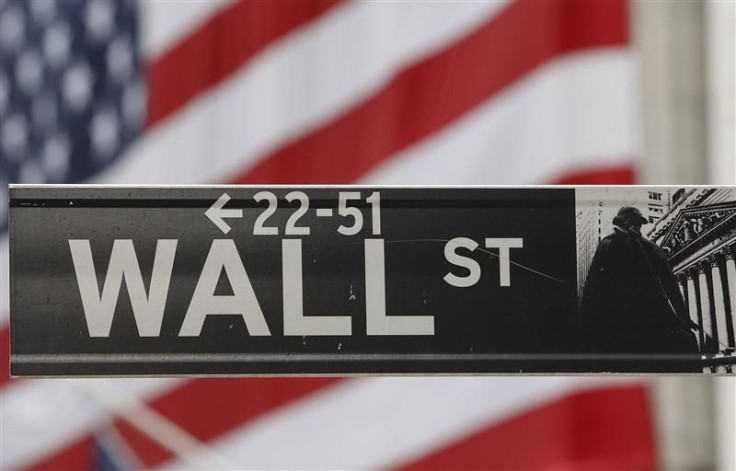Feds Promise Action On Wall Street Speculation Blamed For High Gasoline Prices

In a bid to tamp down record high gas prices, federal regulators hope to have rules in place within months to limit oil and gasoline price speculation on Wall Street.
Bart Chilton, commissioner of the U.S. Commodity Futures and Trading Commission, wrote independent Sen. Bernard Sanders of Vermont that he has drafted regulations to curtail excessive speculative trading, which would go into effect within 60 days of announcement.
Chilton was responding to a letter from Sanders and co-signed by 70 lawmakers, lambasting the CFTC for not doing enough to rein in gasoline prices.
Futures experts say as much as 15 percent of the price of gas at the pump is caused by speculators. Oil is traded daily on the New York Mercantile Exchange. On Monday, the price was $106.35 a barrel.
We have a responsibility to ensure that the price of oil is no longer allowed to be driven up by the same Wall Street speculators who caused the devastating recession that working families are now experiencing, Sanders wrote to the commodities regulator.
Sanders, 70, a socialist who caucuses with the Democrats in the Senate, is a tireless warrior against Wall Street and big corporations.
Clay Pederson, Chilton's special assistant, said Monday the language of the drafted regulation is not yet available.
The regulatory language is not public yet, but it gets to implementing our position limits rule sooner than later, Pederson said. The ultimate speculative position limits rule will go into effect after we have collected data from the over-the-counter swaps market. Until then, the commissioner would like to see position limits enforced on the exchange-traded commodities we already police.
But Sanders said the CFTC is already breaking the law by not yet enforcing position limits the commission adopted in 2011.
They are moving much too slowly, Sanders said, noting the CFTC is 14 months late in enforcing its own regulations.
The average American thinks the prices have something to do with supply and demand, and that simply not true, Sanders said, noting that there has been more oil production in the U.S., and falling demand. There has to be a reason [for the high prices].
Pederson said the CFTC doesn't have a timetable to collect data.
Buying up supplies of commodities like oil to sell at a profit, Wall Street speculators drive prices upward. In 2008, speculation in grains and other foods in the U.S., mostly through long-only indexed funds, drove the worldwide prices of foodstuffs.
Trading was said to have caused a manmade famine in several countries because grain and other foodstuffs became too expensive for the poor.
Between 2006 and 2008, the average world price for rice rose by 217 percent, wheat by 136 percent, corn by 125 percent and soybeans by 107 percent, according to the Centre for Research on Globalization, an independent research and organization based in Montreal.
That same year, Ethiopia and other parts of East Africa experienced famines.
The experience is being repeated now with gasoline.
The price of gasoline has climbed 14 percent since Jan. 16, in part because speculation on Wall Street is inflating prices, Sanders said.
Since Feb. 21, the national gasoline price average has jumped an additional 23 cents to $3.80 a gallon. On the East and West Coasts, the price of gas is either well above the national average or exceeds $4 a gallon, according to the American Automobile Association website.
AAA analysts expect the national price average to reach $4.50 by Memorial Day on May 28.
The CFTC's Chilton said by his calculations, the driver of a pickup truck spends hundreds of additional dollars as a result of price speculation.
It's not our job to make sure prices are high or low, but rather to make sure they are fair, and that is simply not fair. And that is why we need to act and act now, Chilton wrote.
© Copyright IBTimes 2024. All rights reserved.





















